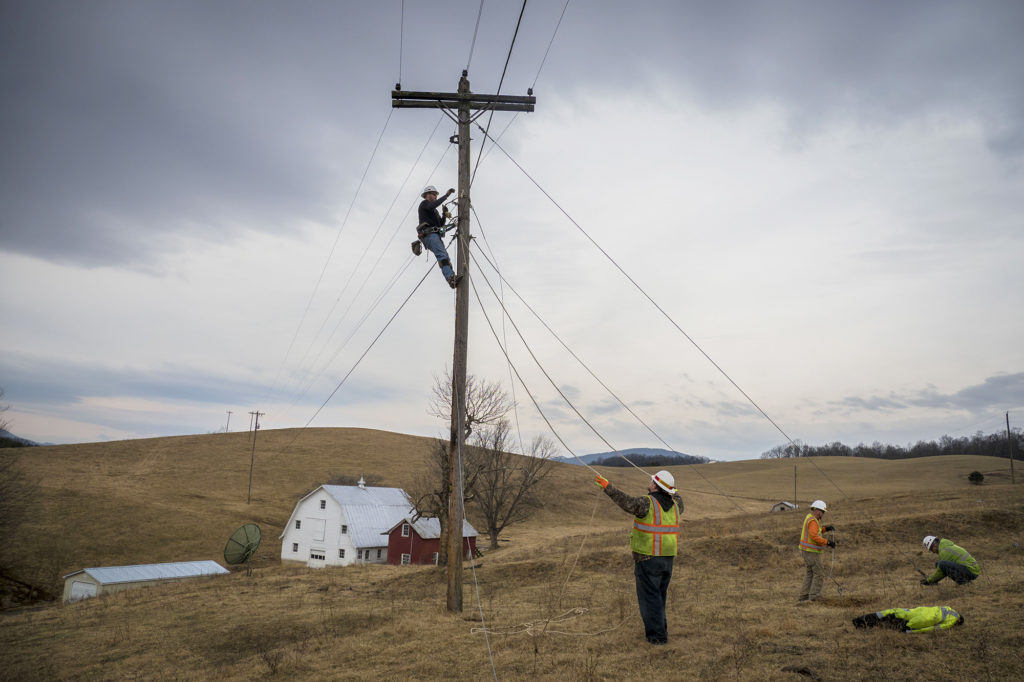
The Association of Missouri Electric Cooperatives is lauding recently passed state legislation that addresses existing utility rights of way and easements to deliver broadband internet access to co-op members at the end of the line.
“This is a crucial step in bringing high-speed internet service to rural people across the state who desperately need it,” said Caleb Jones, AMEC vice president. “It took a true grass-roots effort to make this happen. Getting this legislation passed this quickly is a testament to the hard work of our legislative staff and the entire Missouri Co-ops grass-roots team who descended on the Capitol several times to encourage their elected officials to support it.”
Easement considerations have received increased attention as electric co-ops consider running fiber optic cable, leasing their unused fiber, or allowing other providers to attach fiber or 5G wireless equipment to their poles to provide broadband service.
NRECA encourages co-ops to carefully review their state laws and easements whenever adding anything beyond electric poles and wires or using existing facilities for non-electric purposes.
Jones noted that getting the bill passed was extremely difficult because of the complexity of easement issues. “We had to overcome a lengthy and heated Senate committee hearing, two Senate filibusters and had to engage in some very stressful negotiations on amendments in order to keep moving forward.”
In Tennessee, Gov. Bill Haslam signed a law in March clarifying that an electric co-op can use existing infrastructure for delivery of high-speed internet access. The law stated that “any easement owned, held, or otherwise used by the cooperative in pursuit of a primary purpose may be used for any secondary purpose.”
“Ensuring co-op electric easements can be used for broadband services was a huge win for Tennessee co-ops,” said Mike Knotts, vice president of government affairs at the Tennessee Electric Cooperative Association.
“Not only does it reduce the risk of lawsuits, it helps co-ops deploy broadband in the most efficient and cost-effective manner possible. That means more people get connected to modern high-speed internet and they get connected sooner,” said Knotts.
In April 2017, Haslam also signed into law the Tennessee Broadband Accessibility Act, which allowed electric co-ops in the state to provide, through a subsidiary, broadband and other similar services within their service territory.
“In so many places across rural America, quality broadband service is the No. 1 challenge facing our communities,” said Knotts. “Electric co-ops are uniquely positioned to help solve this problem.”